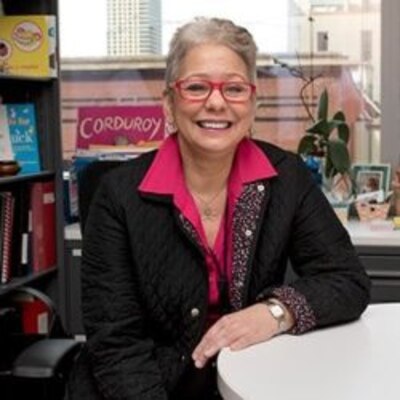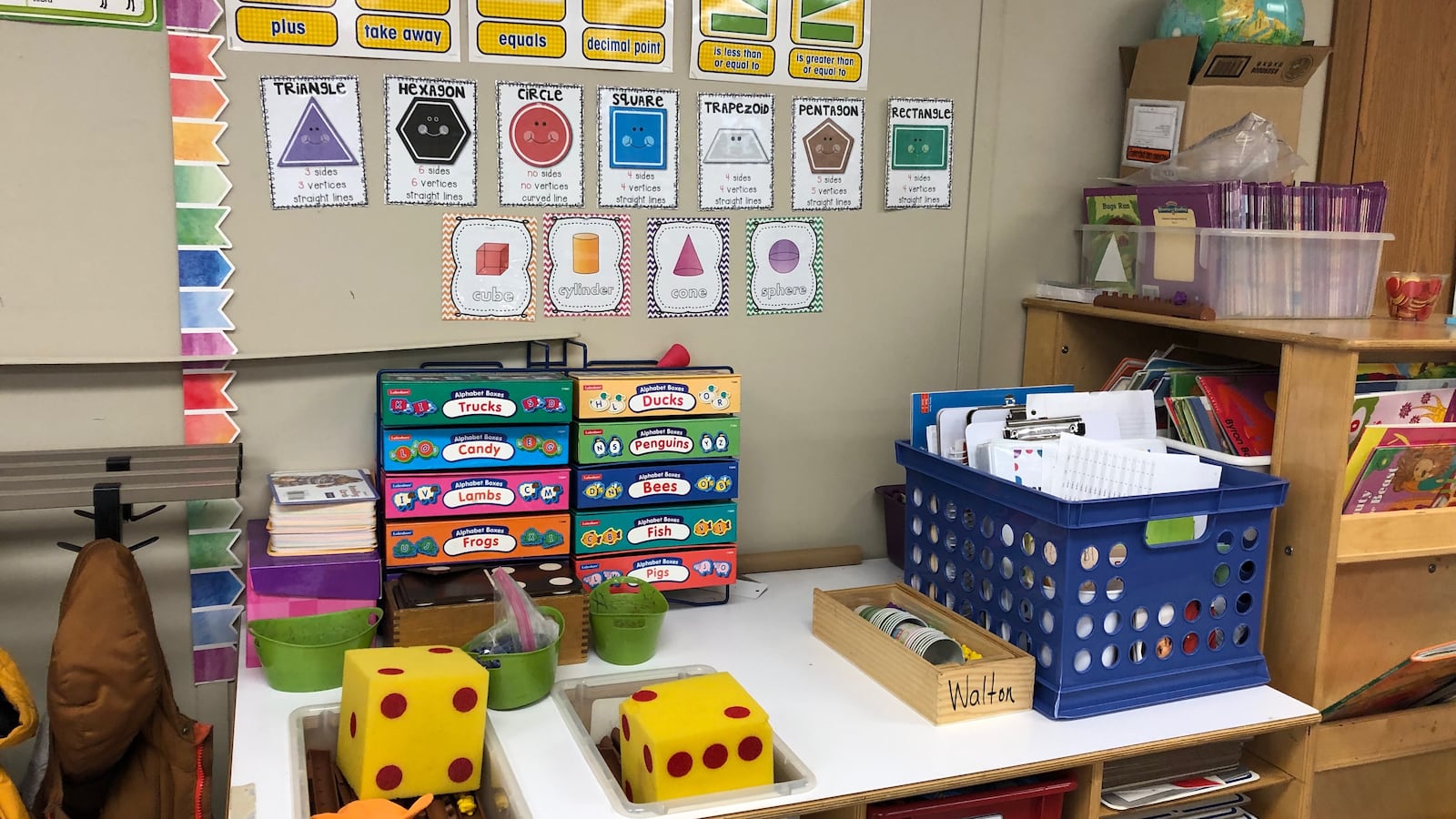Since Mayor Lori Lightfoot appointed a new seven-person school board last June, its members have launched a handful of new committees tasked with addressing key education issues facing the city.
So far, the board has tackled workforce diversity (read more here), and it has scheduled meetings at the end of January and into February on the issue of equitable school budgeting.
On Tuesday, the group will wade into the topic of early childhood education and the school system’s role in the city’s broader universal pre-K rollout. The meeting will start at 5:30 p.m. at Mariano Azuela Elementary School near Midway Airport.
The conversation will be facilitated by school board member Luisiana Melendez, a faculty member and researcher at Erikson Institute, a prominent early education training center. Chalkbeat spoke with Melendez in advance of the event.
Here are four things we learned about the role of the committee.
The committee signals greater prominence for early childhood education, one area of enrollment growth in an otherwise declining district.
It was a notable nod to the early childhood education world when Mayor Lori Lightfoot appointed a faculty member from Erikson to the school board — and it’s one of the first times in recent memory that a school board member has brought the group deep expertise on the topic.
Melendez is a former kindergarten teacher who immigrated to the United States 30 years ago. She has studied emerging bilingualism in children ages 0 to 3, as well as how teachers recognize cultural and linguistic diversity. She said she’s not approaching the meeting with that particular focus in mind but will be curious what people say.

“When we think about early childhood, the availability of linguistic and culturally responsive services is one of my main interests. I also want to hear from families and stakeholders and teachers about (universal pre-K). I was an early childhood teacher for many, many years. I hope to get input from all of those constituencies.”
She said she plans to work closely with the other members of the board heading up other committees, such as diversifying the city’s education workforce — an issue facing early education as well as K-12. “I hope that the work we do will make the board more informed about these issues and address how they overlap,” she said. “None of these things exist in isolation.”
The committee’s scope will include educating the public about universal preschool in Chicago and getting feedback about how it is going so far.
This year, Chicago Public Schools credited an increase in younger students as one factor that partially offset its chronic enrollment declines. A closer look at the numbers shows that the district enrolled 1,400 more 4-year-olds in its schools than it did the previous year, primarily through full-day programs, to total a pre-K enrollment of 14,300. However, the addition of 4-year-olds offset a drop in 3-year-olds as it phases out some of those classrooms.
Each year, the city plans to open more preschool classrooms to reach more children, ultimately for a goal of closer to 23,000 between schools and community providers.
The school system has touted its long waitlist as a sign of demand and said the expansion will continue into more neighborhoods this year.
“There are things that are working well, and things that people are welcoming, and then there are things that need to be reconsidered and recalibrated,” Melendez said. “That’s what this particular meeting is meant to do: elicit more information.”
Expect the pre-K application system to get criticized.
A few years ago, Chicago Public Schools streamlined its application system for K-12 through the GoCPS universal application. But the multiple paths into preschool continue to make gaining acceptance confusing.
Parents use GoCPS to apply to three competitive magnet programs and a separate, city-run “early learning” portal for application to most other schools for 3- and 4-year-old seats. Confusing matters, some tuition-based programs still take school-level applications, and the rules that govern kindergarten acceptance — that is, that every city resident has a spot in a designated neighborhood school — don’t apply to preschool. (Worth noting, too, is that fraud in preschool applications and lax tuition collection recently surfaced among other issues in a recent annual report from the city’s inspector general.)
What’s more, the city’s early learning application — which is where the bulk of the applications are supposed to go — can be unwieldy, particularly for families for whom English is not a first language or who don’t have internet access at home. Some community groups offer sign-up help to families.
“(The application process) is something I’m aware of anecdotally as part of my professional work,” Melendez said.
Tuesday’s meeting will focus on school-level expansion, not the broader universal pre-K rollout.
Chicago’s decision to open more preschool classrooms within Chicago Public Schools is part of a broader universal pre-K rollout that is also intended to boost capacity among private and non-profit community providers. Some providers have lost seats due to a massive reshuffling in the way the city funds those programs, sparking criticism about the city’s broader plans.
Representatives from the city’s Department of Family and Support Services, which oversees community preschool programs, are not expected to attend Tuesday’s meeting to address issues identified with the larger rollout. But Melendez said to expect the city’s broader universal pre-K push to come up in future meetings.
“These are very complex issues,” she said. “This first meeting is just a dipstick to get a reading on a particular moment. We are not anticipating that this is going to address, or even be able to incorporate every single topic that deserves attention around early childhood.”

